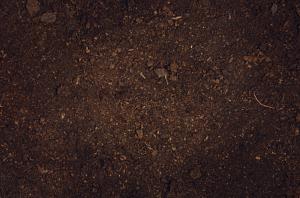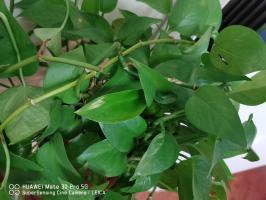Are Worm Castings Good for Tomato Plants?
Tomatoes are one of the most popular fruits to grow in a garden, and for good reason. They are delicious, versatile, and packed with nutrients. But to get the best yield and flavor, it's important to give your tomato plants the right nutrients. One option that many gardeners swear by is worm castings. But are worm castings good for tomato plants? Let's take a closer look.
What are Worm Castings?
Worm castings, also known as vermicompost, are the excrement of earthworms. When earthworms consume organic matter, they break it down in their digestive system and excrete nutrient-rich waste. This waste, known as worm castings, is a natural fertilizer that is high in nitrogen, phosphorous, and potassium.
Why are Worm Castings Good for Tomato Plants?
Tomato plants have specific nutrient requirements to produce healthy fruit. While traditional chemical fertilizers can provide these nutrients, they can also harm beneficial microbes in the soil and create imbalances in soil pH. Worm castings, on the other hand, are a natural and sustainable fertilizer that can provide all the necessary nutrients for tomato plants without any negative impacts on the soil.
Additionally, worm castings contain beneficial microorganisms and enzymes that can improve soil health and create a more robust root system. A healthy root system is essential for tomato plants to absorb water and nutrients efficiently, leading to better growth and higher yields.
How to Use Worm Castings for Tomato Plants
Worm castings can be used in a variety of ways to fertilize tomato plants. One method is to top-dress the soil with a thin layer of worm castings and water thoroughly. Another option is to mix worm castings into the soil before planting or as a side-dressing during the growing season.
It's important to note that worm castings should not be used as the sole source of nutrients for tomato plants. While they are high in nitrogen, phosphorous, and potassium, they do not provide all the necessary micronutrients that tomato plants need. To ensure that your tomato plants are getting all the necessary nutrients, it's recommended to use worm castings in conjunction with other organic fertilizers or a balanced chemical fertilizer.
The Verdict
So, are worm castings good for tomato plants? The answer is a resounding yes! Worm castings provide a natural and sustainable source of nutrients that can improve soil health, create a robust root system, and lead to higher yields of healthy, delicious tomatoes.
Whether you're a seasoned gardener or just starting out, worm castings are a great option to consider for your tomato plants. Give them a try - your plants (and taste buds) will thank you!

 how many times do yo...
how many times do yo... how many planted tre...
how many planted tre... how many pine trees ...
how many pine trees ... how many pecan trees...
how many pecan trees... how many plants comp...
how many plants comp... how many plants can ...
how many plants can ... how many plants and ...
how many plants and ... how many pepper plan...
how many pepper plan...































